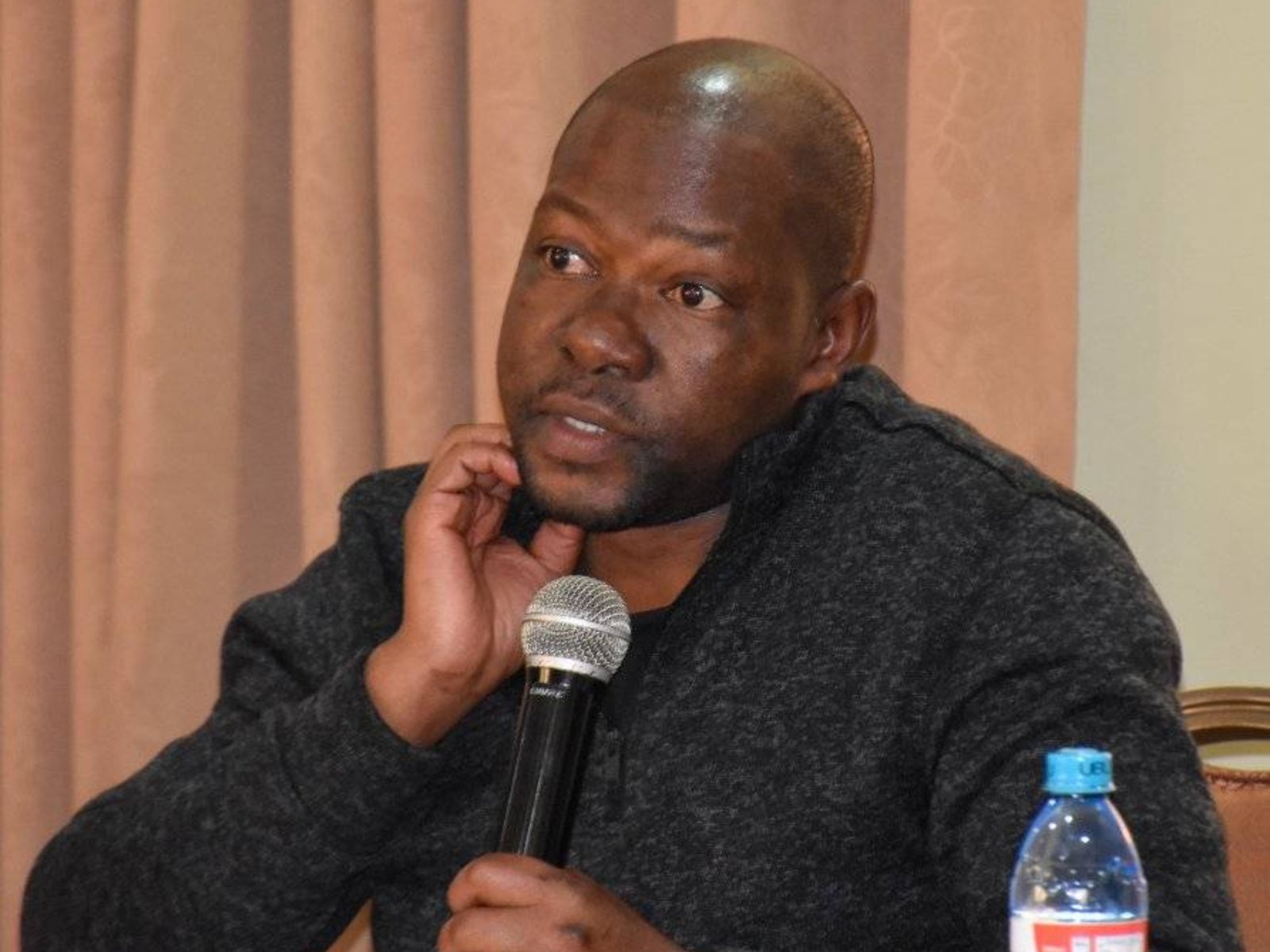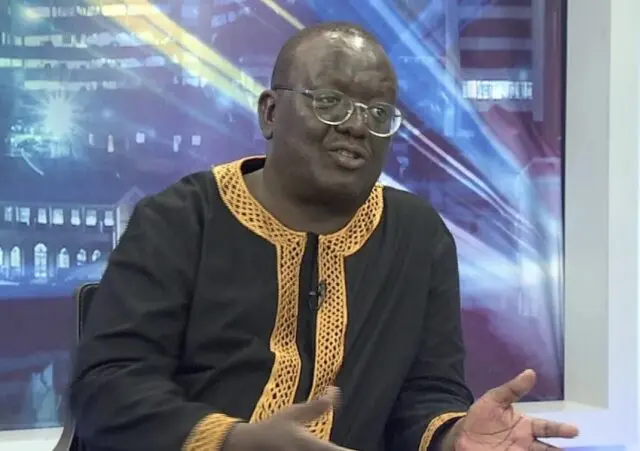How artistes have developed survival techniques
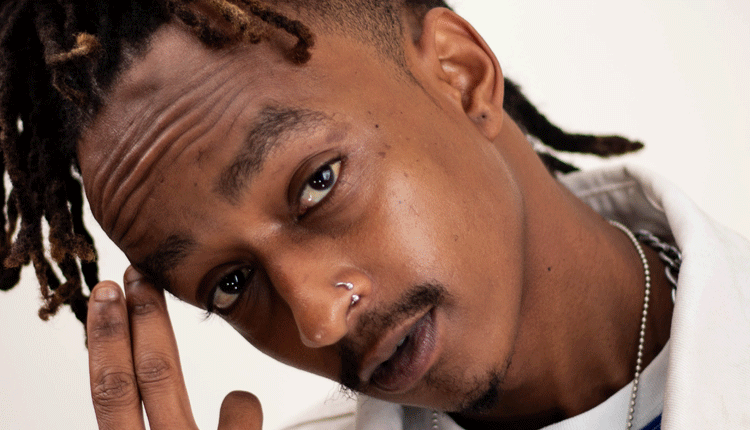
Three or so weeks ago, the Kenya Copyright Board (Kecobo) deregistered the country’s three collective management organisations (CMOs) following a number of unresolved issues including misappropriation of artistes’ royalties.
But on Monday this week, the plot took an unprecedented turn when the High Court ruled otherwise and allowed the three entities—Music Copyright Society of Kenya (MCSK), Kenya Association of Music Producers (Kamp) and Performers Rights Society of Kenya (Prisk)—to continue operating until November 3, 2021, when the case filed by Kecobo’s to suspend them will be heard.
The CMOs have been reportedly using up to 60 per cent of collected royalties on internal administration.
For instance, at the end of July 2021, they collectively collected a total of Sh114 million in royalties.
Out of this, they were expected to distribute Sh79 million to artistes, but instead, they only handed out Sh41 million, accounting for only 35.9 per cent of the total revenue collected. This meant that they used Sh79 million in operational costs.
Kecobo, through its executive director Edward Sigei, said its move to revoke the licences for the three CMOs was to prevent the further misuse of funds and their “failure to meet the Sh300 million mark set out by Kecobo in April 2021.”
However, they disputed the regulator’s order at the High Court Constitutional and Human Rights Division in Milimani, Nairobi.
In their defence during a joint press conference on Tuesday, the CMOs cited the impact of Covid-19 that led to closure of entertainment and hospitality joints, and restrictions in the public transportation sector as having contributed to the miniscule collections.

“We are experiencing challenges in terms of the tariffs that were negotiated by the regulator and the ICT ministry.
We are operating within a very harsh environment precipitated by Covid-19 and this is affecting our collections,” said Kamp chief executive Njoroge Mbugua.
He added, “This industry is worth Sh2 billion, but we are barely scratching the surface, and that is why we are urging for a level playing ground so as to help serve our members well.”
MCSK chairman Lazarus Muli diplomatically asked for cooperation with the government to allow the CMOs to carry out their obligation with due diligence.
“We are asking the government to go back to the drawing board and look at all the issues affecting the industry, so that at the end we can solve the issues.
We believe that we have that window to engage the government as no one wants to misuse our member’s royalties,” he said, adding that they have significantly reduced their operation costs to create more value for their members.
Survival tactics
Even as the back and forth on royalty collection between the governmental bodies rage, artistes and their executive teams are looking at alternative means to supplement the little money they earn from royalties.
According to financial literacy expert, brand manager, and showbiz advisor David Munyua aka African Castro, artistes today have multiple avenues to generate income in the modern technological age.

“There are multiple ways artistes can make money among them merchandising, diversified content creation, non-fungible token, crypto currency, and podcasting. Just watch established African content creators on YouTube and you’ll thank me later,” he says.
Passionate about the creative economy, Munyua has always advocated for artistes to build their reputation outside of music and showbiz, and create an entrepreneurial portfolio.
“As an artiste, you need to understand two things; you are a talented individual, but what will nurture that talent to higher heights is an established business.
The other thing is, artistes who take time to self-educate on entrepreneurship go further than those who just stick to talent,” he states, tagging the likes of Sauti Sol and Diamond Platnumz.
Kenyan urban artistes such as Nadia Mukami have diversified their brands. Nadia runs a finance class teaching investment, while rappers Khaligraph Jones and Octopizzo have invested in the automobile and poultry farming respectively, all meant to sustain them when the moolah from their artistry comes short.
Beating CMOs’ trap
Musau Mumo is rapper Boutross’ manager, and the two are also business partners. He emphasises that there is money in the industry, despite the systems not working properly.
“Boutross’ main source of income are performances and streaming on the digital platforms.
He also charges Sh100,000 to feature in a music video,” Musau says, revealing that through his business deals with other artistes, the average feature kitty for an artiste in Kenya ranges from Sh50,000 to Sh150,000.
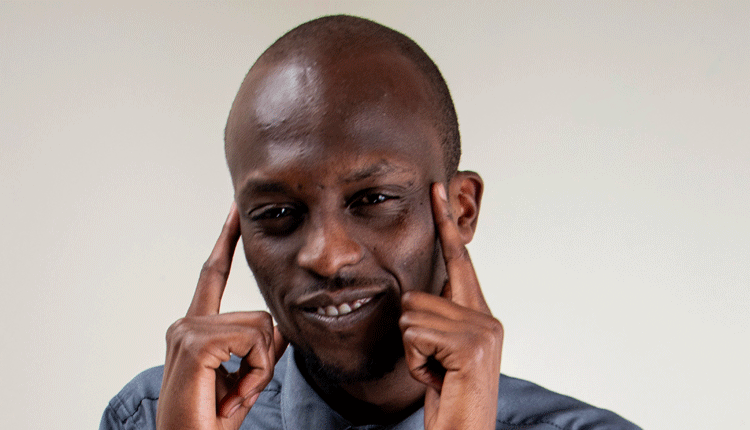
Musau reveals Boutross has slammed the door on huge companies before with no regrets.
He says, “There are usually red flags in any deal that make us say no. First lack of contracts; we can’t do business without written contracts or agreements.
Another red flag is when one tries to undermine us so we can feel like we deserve to charge a lower fee.
But really, it’s just how the communication goes. In this business, it’s all about your negotiation skills.”
Kaka Empire managing partner Dennis Njenga shares that artistes need to understand how the industry works and the key revenue sources.
“More collaborations or partnerships with corporate companies and the government are the way to go.
We also need artistes to handle their art as a business for it is time for them to sustainably make a decent living from music,” he said in an earlier interview.
Some of his artistes including rappers King Kaka and Femi One have worked closely with brands such as cognac company Remy Martin and energy drink brand Monster, where they are the country’s brand ambassadors.
Intellectual Property (IP) lawyer and Advocate of the High Court, Swiga Martina, says that not all business is good business, and the sooner artistes are aware of their IP rights, they’ll be one step ahead to being financially sustainable in the creative industry.
“The advice I would give artistes is that prevention is better than cure in that you would rather engage your lawyer on the onset as you are getting deals, signing contracts and building your brand, so as to know what to look out for.
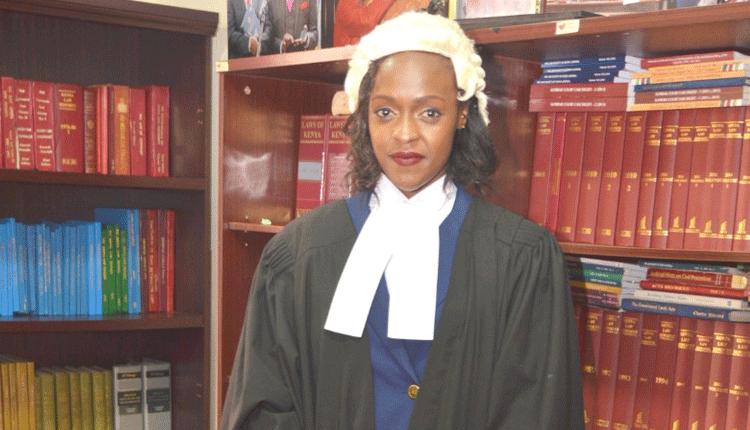
This gives you a solid foundation and sets the tone of your artistic career. Knowledge is power,” she says, adding that these are the important documents and tenets entertainers should look out for on the legal end of the entertainment spectrum.
Replacing the pitfalls
Music royalties play a huge part in artistes’ income. The money they earn from public places playing their music is not exactly the kind earned from performances, publishing, endorsements and music syncing, among others, but are fundamental.
Digital streaming platforms, much like broadcast media, have continuous complaints of extorting artistes, as they earn millions of shillings through paid subscriptions and advertising, and artistes are branching out through independent means rather than opt for music labels or CMOs to earn income.
“Record labels are not necessary as before. But they still have an impact if you are trying to have a global impact.
So, it depends on the partnerships and what assistance you need as a creative.
The digital service providers (DSPs) don’t pay as well, as they ought to for the value they get. The money should be more because they make a lot of cash through ads.
“A lot of labels also want to say what they can do ‘for us’ and not ‘with us’. We haven’t gotten an offer that brings something we aren’t doing independently currently, so until then maybe,” says Musau.
Private sector has, however risen to the occasion with independent record labels breaking bread with artistes lately.
For instance, singers Happy C and Masauti are signed to Mombasa Governor Hassan Joho’s Zero Zero One music label, while Mbogi Genje have been privy to receive tokens from former Nairobi Governor Mike Sonko.
Labels such as Blu Ink Corp, CCN, Kaka Empire, Bout Paper Boyz, Black Market Africa, Call Ivan Creatives, and Fast Cash Music are examples of premium home-grown Kenyan music labels that operate without help from the major international stables including Universal, Warner or Sony Music Group, and are recouping their investments in diverse ways.
“We got together and pooled our resources as a team, realising that nothing can be done alone.
We know that together we can go further than alone. So far, we have a team of about 10 of us, have world class standard facilities and equipment, and independently we are getting noticed by big companies such as the DSPs playlisting us, so why do we need a label?” poses Ibrahim Ngunjiri, founder of CCN Studios Nairobi.
With the argument that labels are only necessary to give artistes loans, and that international push due to their establishment and connections, it goes without saying they have been demonised.
And the independent route has been glamorised in turn, but it’s underlining is ugly and require a lot of time and work before they mature into a success.
“Anyone can be a star. But you have to put in the time, money and sacrifice. If you’re asking me why Kenyan music, except Sauti Sol, doesn’t play in Nigeria, the answer is simple as me being here.
We always come to promote our stuff, build relationships and look for fans here, and we never see you guys in Nigeria.
So, come through and chill with us, and the results will show,” says Nigerian rap star Blaqbonez, urging Kenyan artistes to be more aggressive and take responsibility of their careers by investing the time, money, and effort.









